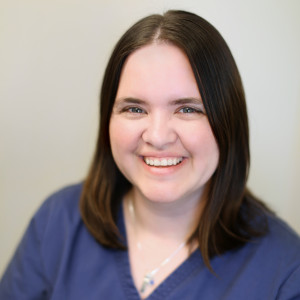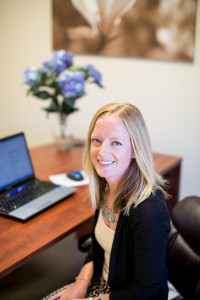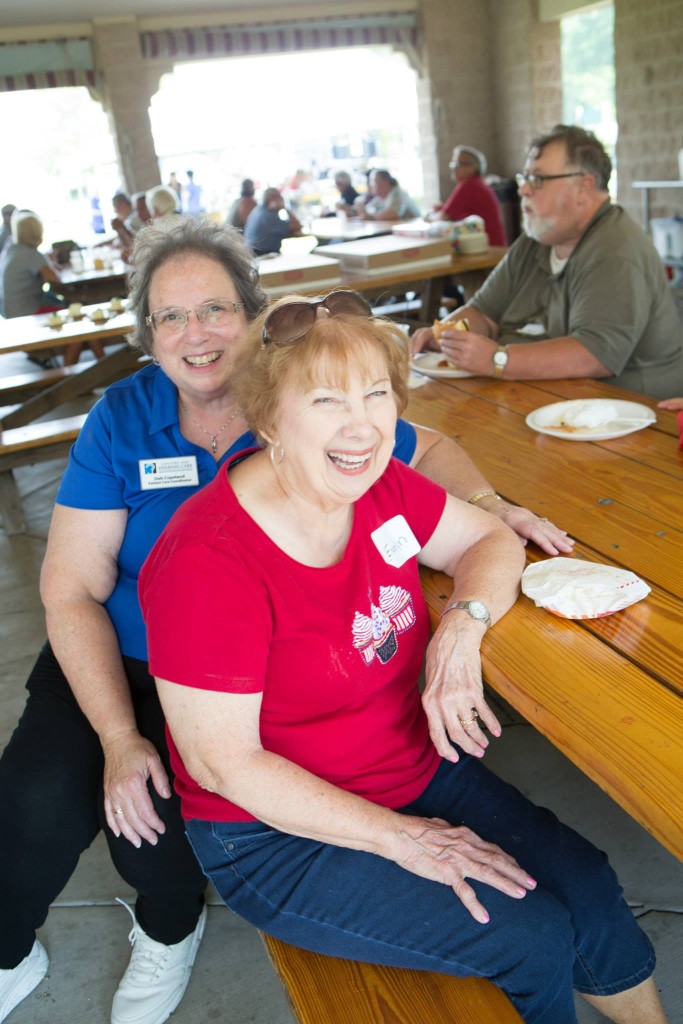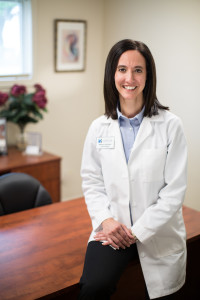Dementia and Hearing Loss
Dec
31
2015

There are many common health concerns linked with hearing loss. One of the biggest concerns as we age is dementia. According to a study done by Johns Hopkins University of Medicine, older adults with hearing loss have an increased risk of “dementia, falls, hospitalizations, and diminished physical and mental health overall” (Resnick, S., et al., 2014).
Dr. Frank Lin at Johns Hopkins University of Medicine makes it a point to address treating hearing loss sooner rather than later as it contributes to these other major health concerns (Resnick, S., et al., 2014).
On average, it takes a person 5-7 years after they notice their hearing loss to get hearing aids. Your choice to get hearing aids earlier in life when you need them can have a huge impact on the quality of your life going forward. This includes improving your chances of not having dementia or a cognitive decline. Better hearing also leads to a slower process of brain shrinkage, which is a normal part of aging.
Make the choice today,
while you are still able to do so for yourself.
Choose to hear, choose to live a higher quality of life,
choose to be there for your loved ones!
Resnick, S., et al. (2014). Hearing Loss Linked to Accelerated Brain Tissue Loss. Johns Hopkins Medicine. Available: http://www.hopkinsmedicine.org/news/media/releases/hearing_loss_linked_to_accelerated_brain_tissue_loss_.
Written by: Crystal Lewis
Patient Care Coordinator
Centers For Hearing Care
Crystal is a key member of our patient outreach and operations staff here at Centers for Hearing Care. She holds a strong educational and research background in the sciences and medicine. A graduate of the University of Nebraska with a Master’s of Science in Biology with an emphasis on Anatomy and Physiology. She graduated from Youngstown State University with a Bachelor of Science degree in Biology and Pre-Medicine and a minor in Chemistry, where she did research in a hypertension laboratory. Crystal also spent some time as an undergraduate researcher working in Akron Children’s Hospital Emergency Department.
Posted in Educational Tagged with: Audiologist, audiologists, audiology, Austintown, Behind the ear hearing aids, Boardman, BTE hearing aids, Centers for Hearing Care, Cleveland, Columbiana, Columbiana County, Dementia, Dementia and Hearing Loss, digital aids with Bluetooth technology, Doctor of Audiology, Dr. Frank Lin, Dr. Sheryl Figliano, Figliano, hard of hearing, hear aids, Hearing Aid, Hearing Aid Center, Hearing Aids, hearing center, hearing devices, hearing doctor, hearing impaired, hearing loss, Hearing Loss Linked to Accelerated Brain Tissue Loss, Hearing loss personal story, Hearing Missions Foundation, hearing tests, hearingaids, helping the world hear, Howland, iphone, Johns Hopkins Medicine, Liberty, Mahoning County, music streaming, Northeast Ohio, Ohio, Pepper Pike, progressive sensorineural hearing loss, Rebecca Donchess, Resnick, ringing in ears, ringing in the ears, Salem, severe sensorineural loss, tinnitus, tinnitus treatment, Trumbull County, Youngstown
My Journey with Hearing Loss
Dec
03
2015
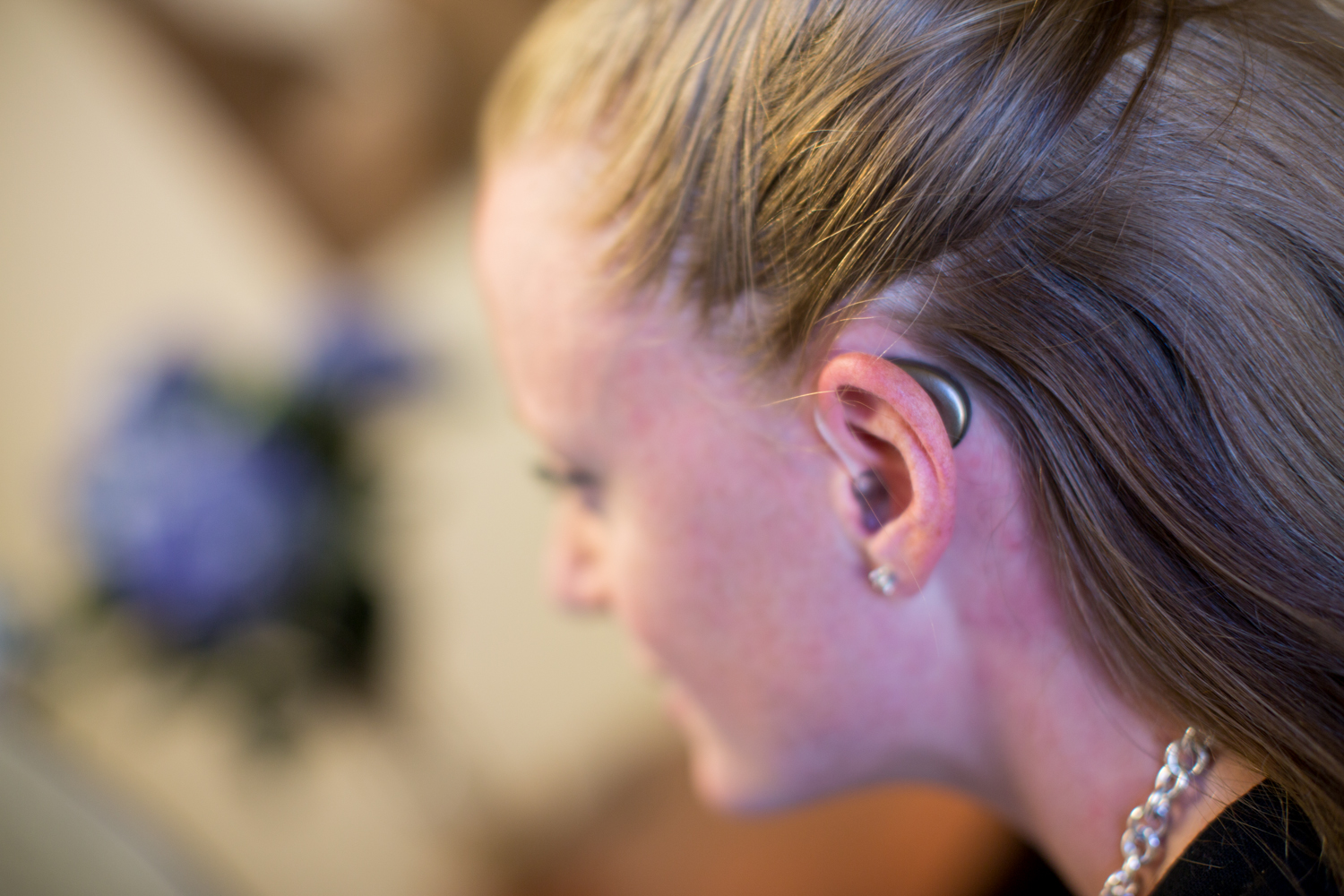
The phrase “hearing loss” is typically associated with the process of aging and a “sign” of getting older; however what most people do not realize is that it affects people of all ages. I was born a pre-mature twin in 1990, within the first two weeks of my life I underwent two major surgeries, battled severe jaundice and was put on heavy antibiotics and medications. We now know, or at least assume, that the medications that I was given took away my hearing, but at the same time saved my life. These medications were probably ototoxic, which means that they are toxic to the cochlea or auditory system.

I was diagnosed at 3 months old with a profound sensorineural hearing loss, which was later modified to a moderate to severe hearing loss. At just 9 months old I was fit with my first set of hearing aids and began attending the parent-infant program at Millridge Center for the Hearing Impaired (MCHI), which is a part of the Mayfield City School District. Here, my parents worked with a variety of specialists to ensure that I progressed at the same rate as my peers. My parents knew they wanted me to be a mainstream student, however throughout my elementary and middle school years I would attend speech, language and auditory therapy sessions during some of my classes. I was fit with an assistive listening device while in school, it was a box shaped device that was connected to my hearing aids by two wires and the teacher had a microphone that transmitted their voice directly to my hearing aids.
When I was in third grade I was fit with my second set of analog hearing aids, I loved them; they were in a transparent case where you could see the internal hardware. As I entered middle school I became more insecure about my hearing aids and microphone, even though the device was now wireless I still felt “weird”. Our class size grew from 100 to about 400 students and I was afraid of being an outcast and labelled in a negative way because of my hearing loss. I always wore my hair down and was shy about handing my teachers the microphone in front of a class full of people. Now I realize how silly I was because most people did not even notice I had them. Good luck telling that to a pre-teen! I continued going to speech therapy and meeting with my special education teachers despite excelling in my classes.
Once I was in high school I overcame my insecurities with the help of friends. In 10th grade with the help of a teacher who noticed how unhappy I was in the special education program I opted out of the program and the IEP I was on. I was the first person to ever do so, I was tired of getting pulled out of classes for meetings and speech therapy, of hiding the microphone in my locker during the day because it annoyed me to hear my teachers directly in my ears, and I was excelling without their constant check-ups.
I was a football student athletic trainer, varsity tennis player, sprinter on the track team, flute player in the marching band and graduated from high school with a 3.4 GPA and was accepted into Kent State University. My third set of hearing aids came at the end of my college freshman year, these were digital, and it was the first time I ever had trouble adjusting to wearing hearing aids. Technology is a fast changing field and hearing aid technology had changed drastically in the 11 years since I had brand new hearing aids. It took me a few weeks to get used to the new sounds I could hear and the clarity. Five years later and a transfer to Cleveland State University in my sophomore year, I graduated with a Bachelor in Health Sciences Pre- Physical Therapy. I am currently pursuing my Masters in Health Care Administration while working for the Centers for Hearing Care. Last fall we travelled to Minnesota for training at the corporate headquarters for Starkey Hearing Technologies, I was fit with Halo i110 with power receivers. These “Made for iPhone” hearing aids allowed me to hear phone conversations through my hearing aids, stream music, make custom settings for various locations, record lectures, and so much more. They have made having a hearing loss so much easier and I hear with such clarity now, my friends and family are very impressed with the technology.
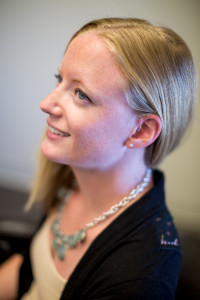
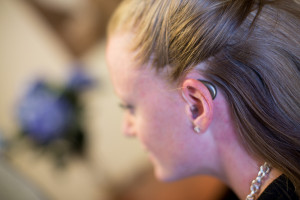
I think one of the hardest things I have heard from someone was a customer at a previous job who noticed my hearing aids and asked me if it was my fault that I did not have my hearing. She had assumed that I lost it from listening to music too loud or something along those lines. Being judged at times does hurt, but far less people judge and notice them for me to be bothered by it anymore. Without hearing aids I would not be able to efficiently work, go to school or have a social life. I would say that my hearing loss is probably comparable to a “normal” hearing person wearing ear plugs.
I once overheard a person telling someone that “hearing aids do not work, one of my friends tried them and they did nothing”, I could have just ignored the statement; however I used the situation to educate her and the person she was speaking with. I did not want them to potentially lose out on the great technology available should they ever have trouble hearing in the future. I approached them and said while everyone has a different experience with hearing aids, sometimes it just adjustments and trying out different technology before you find the device that helps your hearing the most. I told them that I wear hearing aids and that without them I would not be able to have a normal conversation. I got the normal response, “You’re too young to have a hearing loss”, to which I replied you are never too young. It is important to be informed about hearing loss, how to prevent it and to realize that hearing loss does not have a face. It affects everyone.
Patient Care Coordinator
Centers For Hearing Care
Posted in Meet Our Staff, Personal Stories Tagged with: Audiologist, audiologists, audiology, Austintown, Behind the ear hearing aids, Boardman, BTE hearing aids, Centers for Hearing Care, Cleveland, Columbiana, Columbiana County, digital aids with Bluetooth technology, Doctor of Audiology, Dr. Sheryl Figliano, Figliano, hard of hearing, hear aids, Hearing Aid, Hearing Aid Center, Hearing Aids, hearing center, hearing devices, hearing doctor, hearing impaired, hearing loss, Hearing loss personal story, Hearing Missions Foundation, hearing tests, hearingaids, helping the world hear, Howland, iphone, Liberty, Mahoning County, music streaming, Northeast Ohio, Ohio, Pepper Pike, progressive sensorineural hearing loss, Rebecca Donchess, ringing in ears, ringing in the ears, Salem, severe sensorineural loss, tinnitus, tinnitus treatment, Trumbull County, Youngstown
Why I LOVE my job…
Oct
12
2015
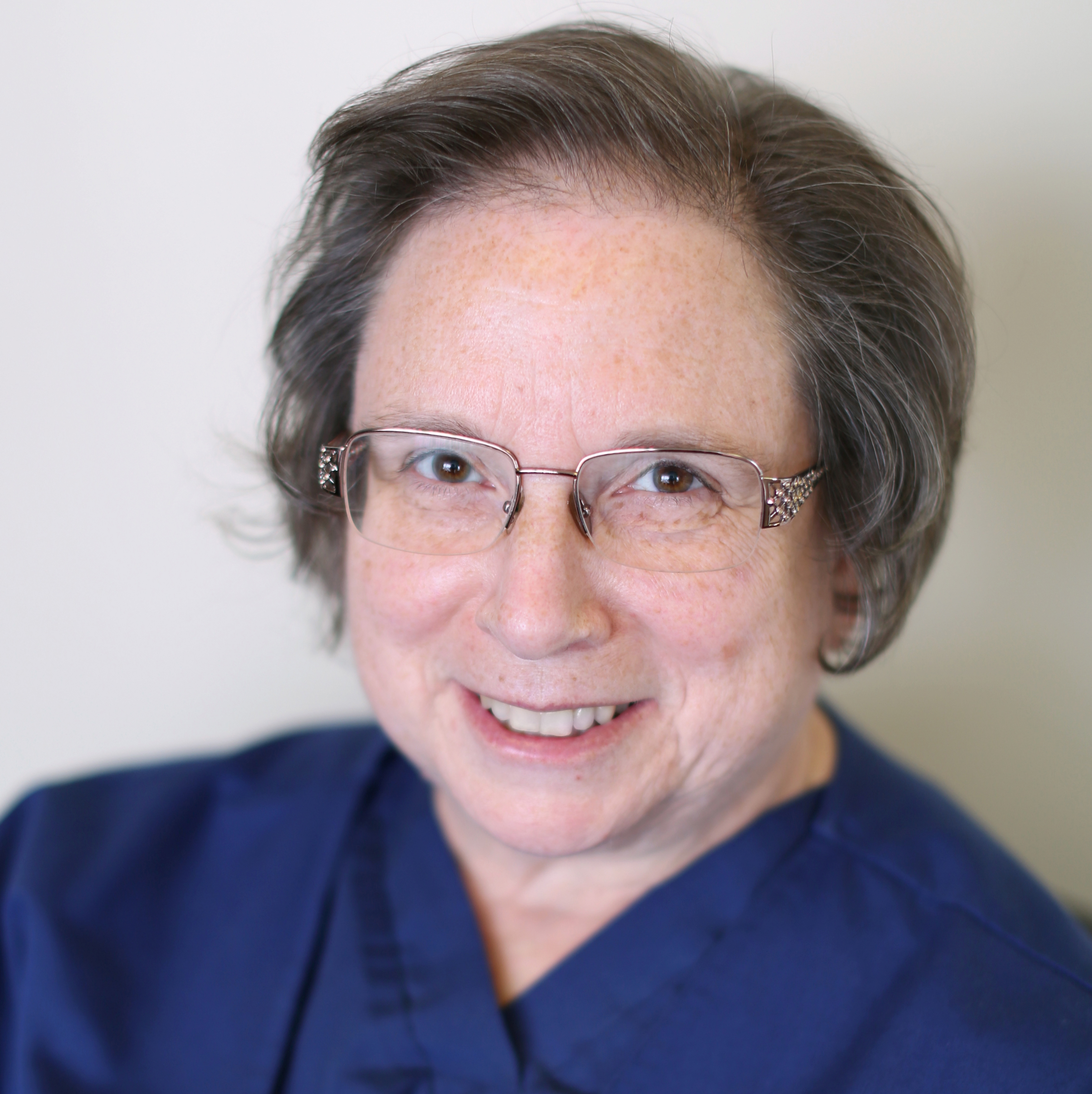
Someone asked me the other day,
“Why do you love your job so much?”
I gave that question some thought…
Great bosses, great co-workers, home town, patients that I truly care about, a sense of pride in what I do each day…….. Good answers.
I thought more about the answers and I realized they fall short of why I feel so strongly about what I do.
Stories; that is what it takes to understand what I love about working here.
It is the stories that patients tell me about wearing hearing aids.
One patient told me that before her new hearing aids, she never realized that her cat talked to her so much. She told me “she meows at many things through the day and I was missing it all.” Now she feels like she has even more company from her pet.
Many times, the knowledge of our Doctors picking the right technology for the patient’s hearing loss makes the best stories. One patient’s job requires that she use her phone all day long. She was matched up with the new Halo to IPhone technology. She stated “This has changed my life!” “Conversations are so clear!” One more patient had lost the hearing in her left ear as a child, she was matched to technology that lets her right ear tell her brain what her left ear is hearing. Her eyes filled with tears as she told us “My daughter whispered to me in church in my bad ear and I heard her!”(Her’s weren’t the only moist eyes). Another patient has been wearing hearing aids since he was a child. His technology allows him to give a remote to someone who is speaking to a large group or in a large room and he hears directly into his hearing aids. As he said “it is like the instructor is right beside me, no matter where they are in the room.” “I have been wearing hearing aids for years, but never heard like this.”
Stories are not limited to the patients.
Some of my favorite stories come from the families. One family told us their Mom is no longer the women in the nursing home that plays her TV too loud. Her hearing aids allow the TV to stream directly into her hearing aids and she can enjoy her TV shows without having others complain about the noise. A story that makes me smile every time I think of it comes after a family gathering. The family told us we had no idea how much our mother was missing due to her hearing loss until after she got her new hearing aids. We were sitting outside and she would ask “What is that noise?” We finally realized it was the crickets, then the fire cracking and finally the kids splashing in the pool. Sounds that bring pictures of summer to us, Mom had lost completely. We had no idea!
They say that happiness
is finding something that you love to do for a living.
I have been blessed to do just that.
-Deb Copeland
Centers for Hearing Care
Patient Care Coordinator (Liberty Office) – 6 years
Posted in Meet Our Staff, Personal Stories Tagged with: Audiologist, audiologists, audiology, Austintown, Behind the ear hearing aids, Boardman, BTE hearing aids, Centers for Hearing Care, Cleveland, Columbiana, Columbiana County, digital aids with Bluetooth technology, Doctor of Audiology, Dr. Sheryl Figliano, Figliano, hard of hearing, hear aids, Hearing Aid, Hearing Aid Center, Hearing Aids, hearing center, hearing devices, hearing doctor, hearing impaired, hearing loss, Hearing loss personal story, Hearing Missions Foundation, hearing tests, hearingaids, helping the world hear, Howland, iphone, Liberty, Mahoning County, music streaming, Northeast Ohio, Ohio, Pepper Pike, progressive sensorineural hearing loss, Rebecca Donchess, ringing in ears, ringing in the ears, Salem, severe sensorineural loss, tinnitus, tinnitus treatment, Trumbull County, Youngstown
“Why Do I Need to Bring Someone With Me?”
Sep
08
2015

When scheduling an appointment for a hearing evaluation in our office, you will be asked to bring a family member/friend with you. Many of our patients ask, “Why do I need to bring someone with me?”
WHY IS IT IMPORTANT TO BRING SOMEONE WITH YOU TO YOUR HEARING EVALUATION?
The initial visit of performing a hearing evaluation is an essential first step in the process of assessing your hearing needs. At this appointment, we will be conducting a thorough case history of your hearing. Often times, your family/friends can help answer these questions or add additional information pertinent to your needs.
Next, we will be performing the hearing evaluation. This evaluation serves as the prescription for your hearing. It will not only diagnose a hearing loss, but also tell us the proper treatment. When a permanent hearing loss is found, amplification (hearing aids) are the recommended treatment.
When choosing which amplification device is appropriate for you, your family member/friends can help you decide. We will take things into account such as your lifestyle, budget, cosmetics of the hearing device, along with dexterity and visual acuity issues.
Once your hearing devices are ordered and received in our office, you will return for your fitting appointment. Once again, bring your family member/friend with you to this appointment. We will sit down and go through a class showing you the proper way to insert/remove your hearing devices, care for your hearing devices, and counsel you and your family member/friend on communication strategies to get the best performance with your hearing devices.
So as you can see, this process truly is a team effort. The audiologist, patient, and family member/friend all play a key role in determining the best path to be taken to achieve better hearing.
By: Rebecca Donchess, M.A., CCC-A
Licensed Audiologist
Posted in Educational Tagged with: Audiologist, Austintown, Behind the ear hearing aids, Boardman, BTE hearing aids, Centers for Hearing Care, Cleveland, Columbiana, Columbiana County, digital aids with Bluetooth technology, Doctor of Audiology, Dr. Sheryl Figliano, Figliano, Hearing Aid, Hearing Aid Center, Hearing Aids, hearing loss, Hearing loss personal story, Hearing Missions Foundation, helping the world hear, Howland, iphone, Liberty, Mahoning County, music streaming, Northeast Ohio, Ohio, Pepper Pike, progressive sensorineural hearing loss, Rebecca Donchess, Salem, severe sensorineural loss, Trumbull County, Youngstown

